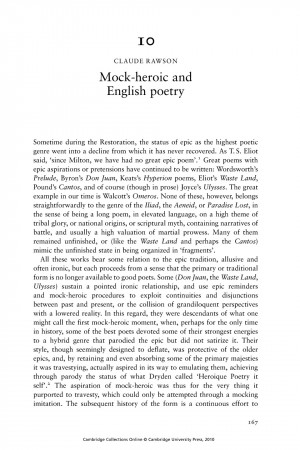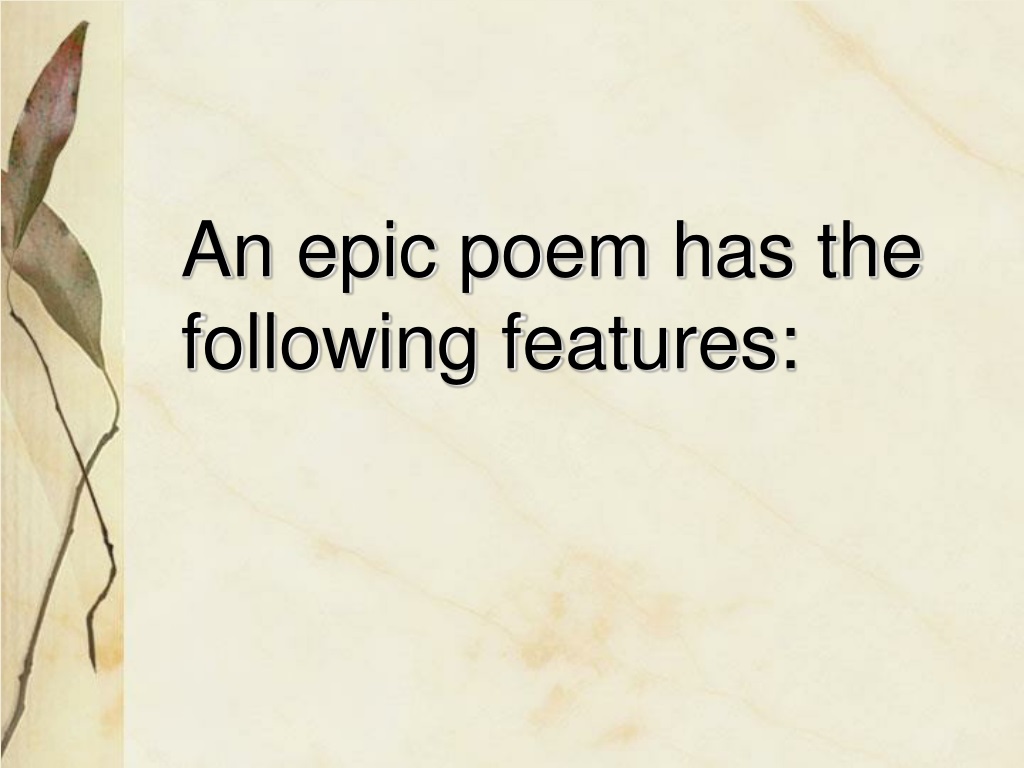
Michael Ventris and John Chadwick, the original decipherers of Linear B, state that literature almost certainly existed in Mycenaean Greece, but it was either not written down or, if it was, it was on parchment or wooden tablets, which did not survive the destruction of the Mycenaean palaces in the twelfth century BC. These documents contain prosaic records largely concerned with trade (lists, inventories, receipts, etc.) no real literature has been discovered. The earliest known Greek writings are Mycenaean, written in the Linear B syllabary on clay tablets. This period of Greek literature stretches from Homer until the fourth century BC and the rise of Alexander the Great. Tablet MY Oe 106 (obverse) exhibited at the Greek National Archaeological Museum Ever since the Renaissance, European authors in general, including Dante Alighieri, William Shakespeare, John Milton, and James Joyce, have all drawn heavily on classical themes and motifs. In particular, many ancient Roman authors drew inspiration from their Greek predecessors.

Ancient Greek literature has had a profound impact on later Greek literature and also western literature at large. The second-century AD writer Lucian of Samosata was a Greek, who wrote primarily works of satire. Important later writers included Apollonius of Rhodes, who wrote The Argonautica, an epic poem about the voyage of the Argonauts Archimedes, who wrote groundbreaking mathematical treatises and Plutarch, who wrote mainly biographies and essays. The philosopher Plato wrote dialogues, usually centered around his teacher Socrates, dealing with various philosophical subjects, whereas his student Aristotle wrote numerous treatises, which later became highly influential. The historians Herodotus of Halicarnassus and Thucydides, who both lived during the fifth century BC, wrote accounts of events that happened shortly before and during their own lifetimes. The comedic playwright Aristophanes wrote in the genre of Old Comedy, while the later playwright Menander was an early pioneer of New Comedy. Euripides is known for his plays which often pushed the boundaries of the tragic genre. Sophocles is famous for his tragedies about Oedipus, particularly Oedipus the King and Antigone. Aeschylus is the earliest Greek tragic playwright for whom any plays have survived complete.

The lyric poets Sappho, Alcaeus, and Pindar were highly influential during the early development of the Greek poetic tradition. These two epics, along with the Homeric Hymns and the two poems of Hesiod, Theogony and Works and Days, constituted the major foundations of the Greek literary tradition that would continue into the Classical, Hellenistic, and Roman periods.

The earliest surviving works of ancient Greek literature, dating back to the early Archaic period, are the two epic poems the Iliad and the Odyssey, set in an idealized archaic past today identified as having some relation to the Mycenaean era. A Greek manuscript of the beginning of Hesiod's Works and DaysĪncient Greek literature is literature written in the Ancient Greek language from the earliest texts until the time of the Byzantine Empire.


 0 kommentar(er)
0 kommentar(er)
